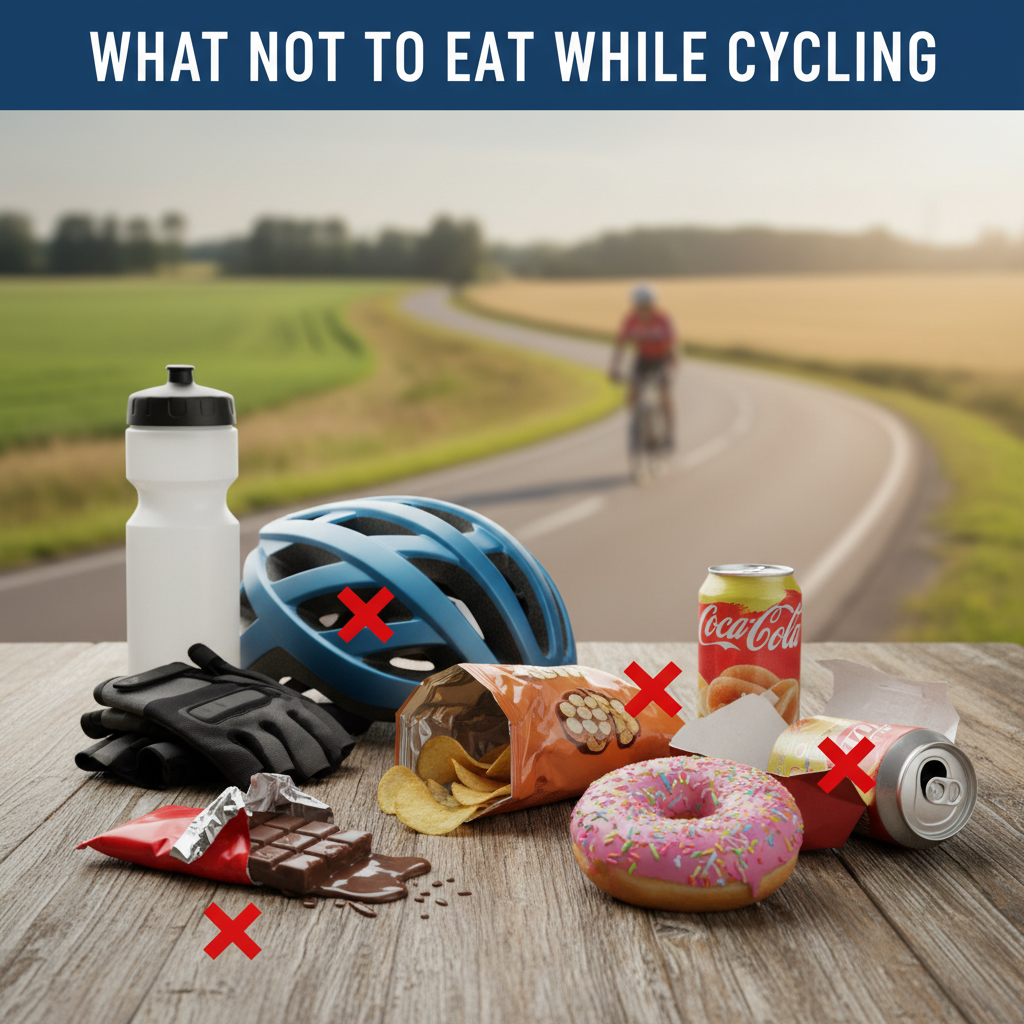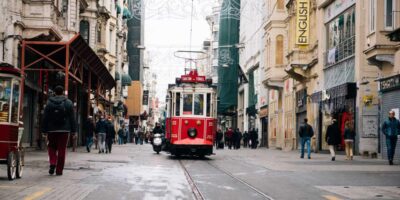Foods That Will Ruin Your Ride
Pre-ride nutrition has gotten complicated with all the timing recommendations, supplement claims, and conflicting advice flying around. As someone who’s learned this stuff the hard way—there’s nothing like being 30 miles from home when your stomach decides to revolt against your breakfast choices—I learned everything there is to know about what not to eat before or during a ride.

Heavy, Greasy Food
Burgers. Pizza. Fried anything. These take forever to digest because fat slows everything down.
Your body diverts blood to your digestive system to process this stuff. Meanwhile, your legs want that blood for pedaling. The result: you feel sluggish, heavy, and sometimes nauseated.
I’ve made the mistake of eating leftover pizza before a morning ride. Never again. Give fatty meals at least 3-4 hours before riding, or better yet, save them for after.
High-Fiber Foods
Probably should have led with this section, honestly. Normally fiber is great. Beans, broccoli, whole grains, all healthy choices. Just not right before exercise.
Fiber creates gas and bulk in your intestines. During a ride, this means bloating, cramping, and urgent bathroom needs. None of which are fun on a bike with nowhere to stop.
Too Much Sugar Before You Start
This one’s counterintuitive. Sugar gives energy, right? But a big dose of sugar 30-60 minutes before riding can backfire.
Your body releases insulin to handle the sugar spike. Then your blood sugar crashes right when you start exercising. You feel weak and shaky, exactly the opposite of what you wanted.
Spicy Food
Heartburn while hunched over handlebars is miserable. Spicy food increases acid reflux, especially when you’re in a forward position putting pressure on your stomach.
Caffeine Miscalculations
Moderate caffeine helps performance. Too much causes problems. Jitters and increased heart rate make the effort feel harder. One cup of coffee before a ride is probably helpful. Three cups plus a pre-workout supplement? You might regret it.
The General Rule
That’s what makes meal timing endearing to us experienced cyclists—eat familiar foods, easy to digest, low in fat and fiber, moderate portions. Give yourself time between eating and riding – 2-3 hours for a full meal, 30-60 minutes for a small snack. Your stomach will tell you when you get it wrong. Listen to it and adjust.




Leave a Reply